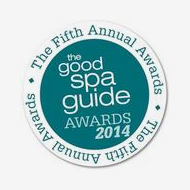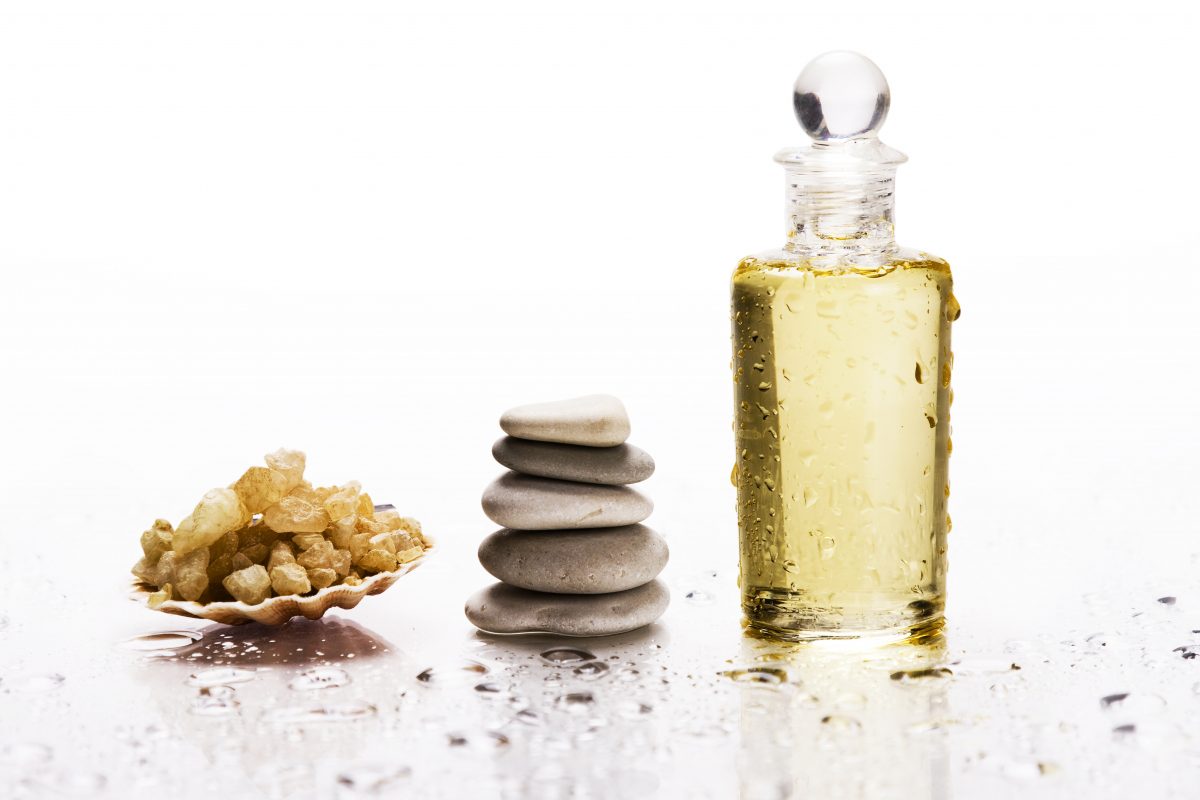Aromatherapy materials include essential oils that are extracted from plants through steam or distillation, fragrant oils from flowers or plants, and carrier oils that dilute the essential oils so that they can be used on the skin. Other items that may be used are herbal distillates like chamomile and lemon balm, infusions from plants, and vaporizers made from raw herbs.
When purchasing supplies, beginners should shop with reputable dealers. Local health food stores are one place to shop, but they may not offer the highest quality oils. Reputable mail-order companies may offer better quality selections as well as more reasonable prices. Until experience is gained in judging quality, the new aroma therapist should avoid buying items at craft shows or street fairs. Once purchased, oils should be stored in dark glass inside of cool, dark cabinets, chests, or boxes as light can affect their scents. Rubber or plastic dropper tops or containers should never be used as they can ruin the oil.
Finding recipes that are appealing is the next step a beginner should consider. These are available at many sites on the internet or at places that sell essential oils and other supplies. Recipes can be as simple as adding a couple of drops of an essential oil to a carrier oil and placing the mixture into the appropriate dispersal or application device.
There are many ways to apply the aromas. Aromatherapy can be applied through aerial diffusion (in which the user employs an environmental fragrance or aerial disinfection), through direct inhalation (in which aromas are inhaled through the nose or mouth), and through topical applications (in which bath salts, oils, or skin lotions are used).
One of the first things that beginners should do when considering practicing aromatherapy is to study safety guidelines. Because essential oils are highly concentrated, they can be harmful if used incorrectly. Perhaps the most important safety precaution is to avoid applying undiluted essential oils directly to the skin as it can cause skin irritation or health issues. Every essential oil is not safe for use in aromatherapy. Some of these include horseradish, camphor, and bitter almond. Essential oils should be kept away from open flames as they are flammable. Such oils should also never be taken internally. These are just a few of the safety rules for beginning aroma therapists, and anyone interested in taking up this skill should explore all others.
Aromatherapy is a fun and beneficial occupation. With just a little practice, a beginner can become proficient at creating wonderful aromas for a myriad of uses.








